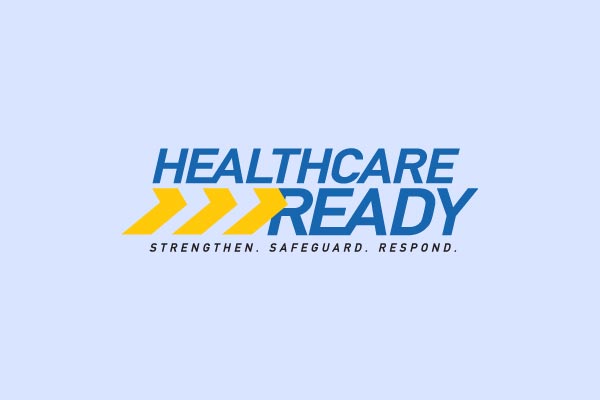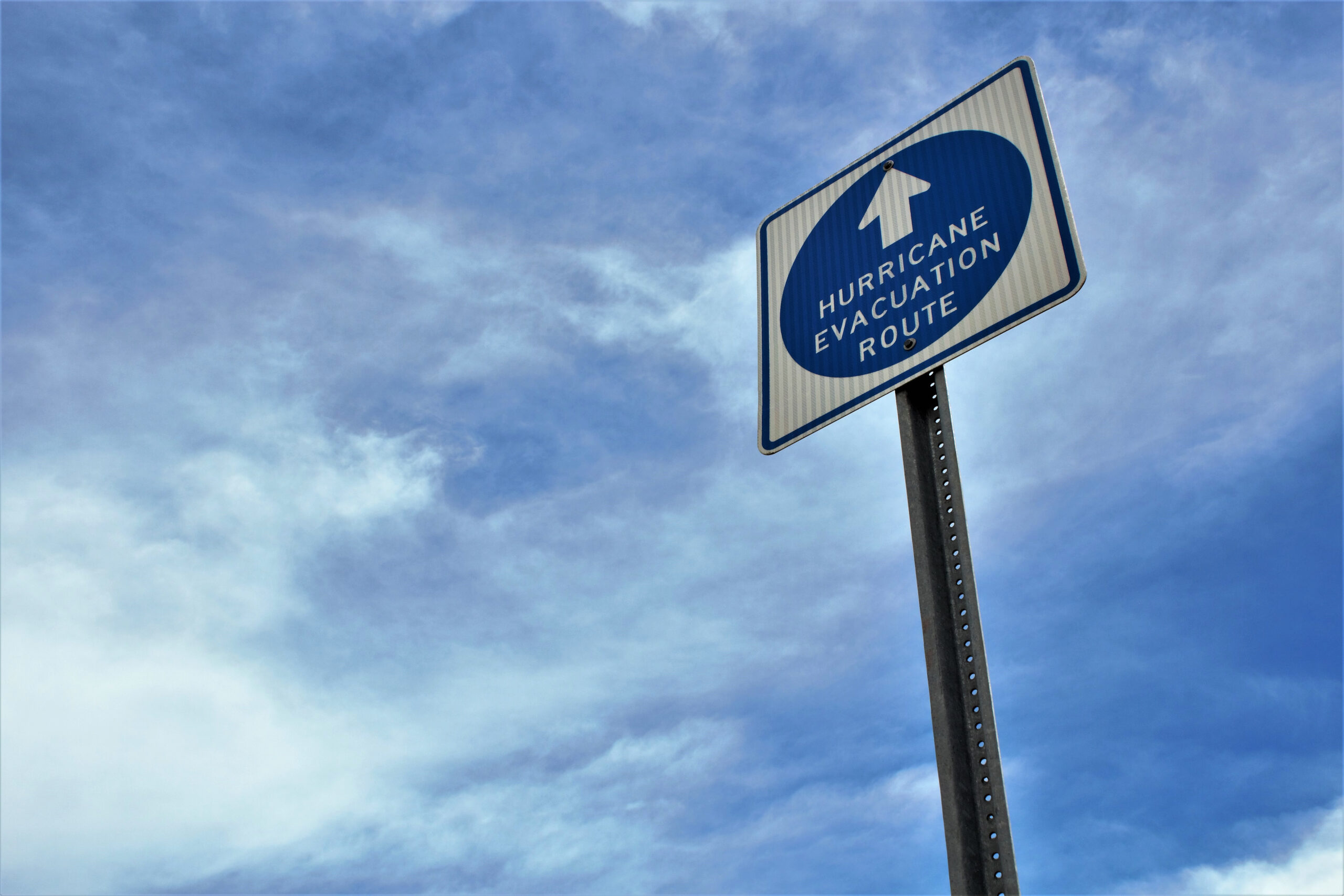Healthcare Ready believes it’s vital to keep a pulse on how the public feels about national preparedness.
Since 2016, the United States has faced unprecedented disasters. From Hurricane Ian to the California wildfires to the COVID-19 pandemic, catastrophic events have impacted communities across the nation. Healthcare Ready’s annual National Domestic Preparedness Survey quantifies the behaviors of how exactly US households and individuals plan to respond to the next natural disaster or emergency event.
The 2022 National Domestic Preparedness Survey marks the seventh year Healthcare Ready has conducted the nationwide poll. The poll is conducted annually to examine trends in perceived risk of disasters, preparedness behaviors, and vulnerabilities in preparedness.
These data can inform targets for future programmatic interventions to improve individual and community level preparedness for those often hardest hit by disasters, including communities of color, low-income communities, communities enduring repeated disasters, and persons living with disabilities and chronic conditions, among others.
Survey points to prioritizing funding for public health preparedness
Biotechnology Innovation Organization (BIO) and Healthcare Ready, in conjunction with Wakefield Research, released survey data that show American voters — on both sides of the aisle — believe their congressional representatives should prioritize funding for public health preparedness to ensure the US isn’t vulnerable during future public health crises.
In summary, the polling data show:
There is overwhelming bipartisan support for the federal government to act on a variety of fronts:
- 95% of respondents believe that “The federal government should prepare for a wide variety of potential public health emergencies.”
- 92% of respondents agree that “The lessons learned from the last pandemic should be incorporated into our national preparedness efforts for the next public health emergency.”
- 90% of respondents agree that “The federal government should expand long-term preventive measures to help avoid any future pandemics.”
More than 8 in 10 voters believe it is “extremely” or “very” important for the federal government to prioritize funding for public health emergency preparedness:
- More than two-thirds (71%) of voters want the federal government to increase funding for public health preparedness rather than maintain or decrease it because current spending levels are too low (50% say the federal government is spending too little, 17% say too much, 33% say about right).
Nearly 8 in 10 voters (77%) say they would be more likely to vote for a candidate who supports funding for public health preparedness.



